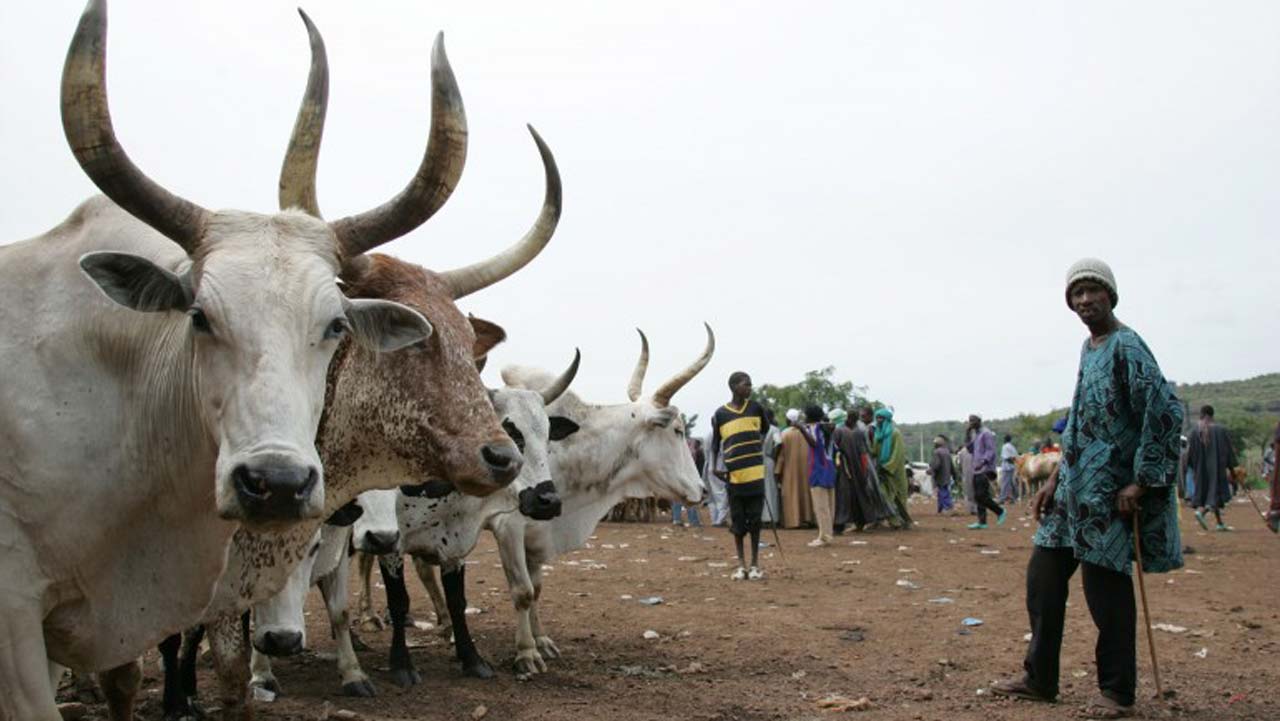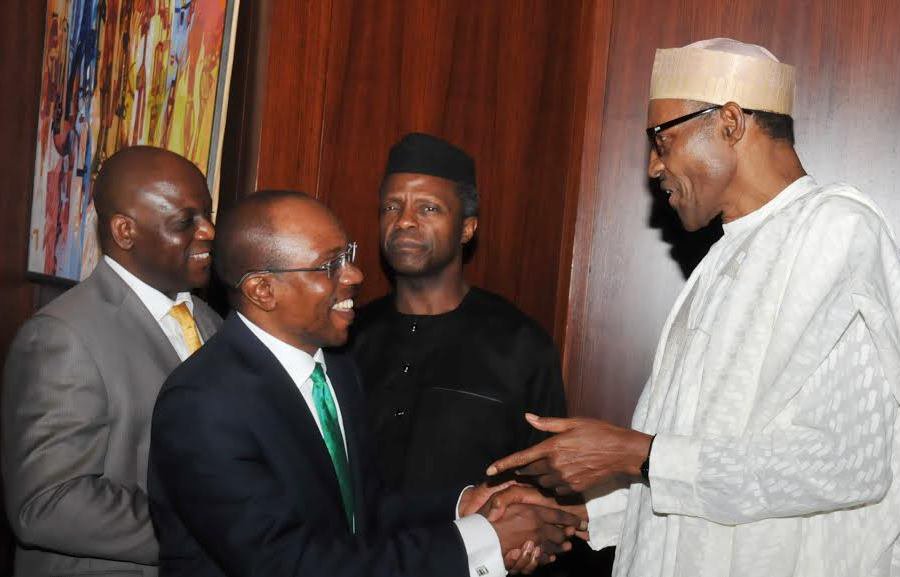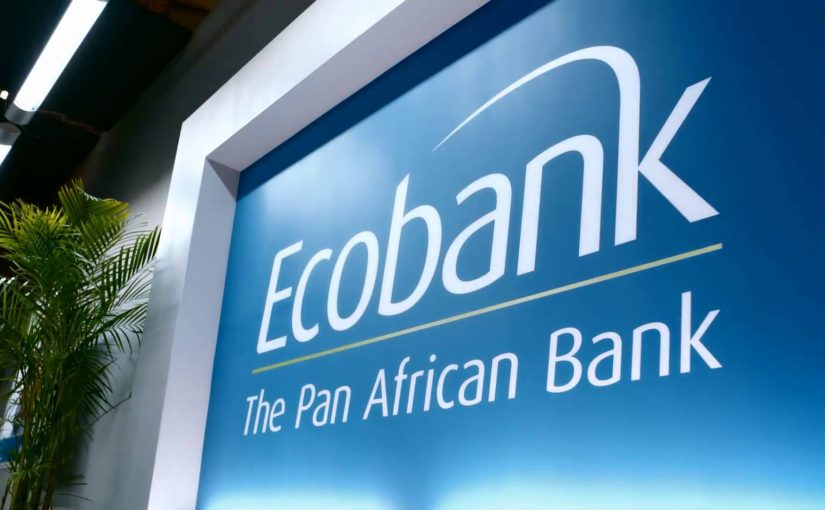Last week’s policy position of the Central Bank of Nigeria (CBN) as revealed by the Governor, Mr Godwin Emefiele that milk import has joined the list of 42 items that will no longer access forex from the apex bank has continued to generate mixed reactions from experts.
In a follow up clarification by the bank’s Director, Corporate Communications, Mr. Isaac Okorafor, CBN explained that its decision to restrain importers of milk from the interbank foreign exchange market will encourage investment in local milk production, create jobs and grow the economy.
He said, “For the avoidance of doubt, milk importation is not banned. Indeed, the CBN has no such power. All we will do is to restrict sale of forex for the importation of milk from the Nigerian foreign exchange market.
“We wish to reiterate that we remain ready and able to provide the needed finance to enable investors who genuinely want to engage in milk production.”
According to him, the country has been heavily dependent on imported milk for over 60 years, stressing that the action has serious implications on national food security, especially since it is possible to breed the cows producing milk in Nigeria.

Okorafor said, “We therefore wish to once again reiterate our policy case as it relates to the planned restriction of access to the Nigerian foreign exchange market by importers of milk.
Continuing, Okorafor argued that “Nigeria and the welfare of all Nigerians come first in all our policy considerations. Being an apolitical organisation, we do not wish to be dragged into politics. Our focus remains ensuring forex savings, job creation and investments in the local production of milk.”
This particular point as raised by Okorafor has further fueled the growing controversy that the following the massive outrage against RUGA scheme, the government has technically resurfaced the rejected plot to annex ancestral lands of Nigerians for the business interests of Fulani herdsmen.
In an interview, a development economist, Mr. Rotimi Sankore, recalled that Emefiele was quick to note that the forex restriction will douse the rising tension between farmers and herdsmen which suggests that the forex ban was made for RUGA in view.
Apart from Sankore’s views, former Minister of Education and presidential candidate, Dr Mrs. Oby Ezekwesili sent out disturbing facts and figures in her tweets on the #MilkBanPolicy saying “Nothing more perverse of Political Leaders and Policy Makers as Policies borne out of Vindictiveness. It appears from what the CBN said on the #MilkBanPolicy that it is a case of: “You folks rejected RUGA, here is your punishment.” What a BIG SHAME that would be.
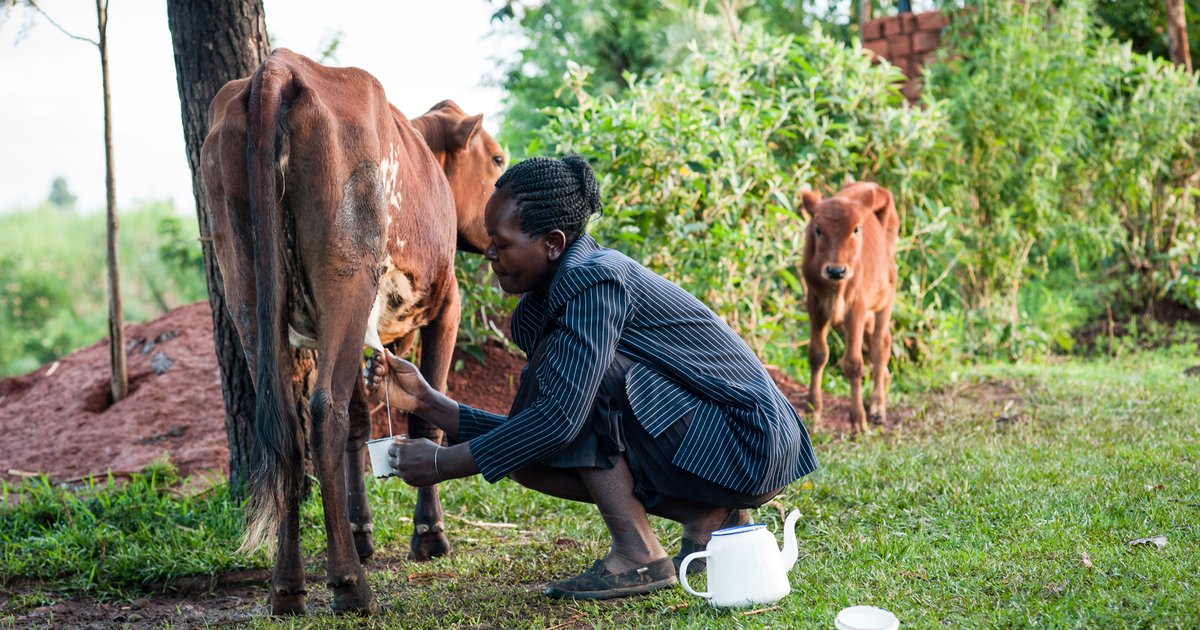
“Often I read or hear Nigerians say: “We have good policies/laws. Our problem is lack of implementation”. How wrong they are! The bane of our failure to achieve sustained economic growth that reduced Poverty in other countries is actually, BAD…..dangerous Policies/Laws.”
“Milk consumption by Nigerians: 1.7 Million milk production in Nigeria: 600,000 tonnes. When #MilkBanPolicy happens, to avoid Scarcity which Prices Milk up and out of the reach of the Poor, Nigeria needs to immediately triple current production of milk.”
“Nigeria has the highest number of children less than 5 years with chronic malnutrition (stunting or low height-for-age) in sub-Saharan Africa at more than 11.7 million, according to the most recent Demographic and Health Survey (DHS) (National Population Commission)”
“Child Poverty is even worst in a country that holds the ignoble record of being the World’s Capital of Extremely Poor People; our President should be fleeing from Policies that escalate Poverty. The CBN #MilkBanPolicy is dangerous. Dangerous for the Poor.
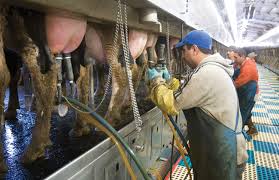
According to him, “I think that this is clearly one big example of the CBN governor not being aware of what the public policy calls that law of unintended consequences.
“Somebody needs to tell Mr Emefiele just to backtrack immediately. I don’t even think that we are ready for this policy in another three to five years at all because the level of production and the level of ranching we need in this country is not there. Emefiele has just inserted himself into the cattle herder or RUGA controversy without even realising what he is doing at all.
“For Emefiele to assume that this would reduce the clashes between herdsmen and farmers, the first thing that I thought was that this is not his privy. He seems to not have understood what his job is. But, coming back into the issue of banning milk, power is needed to have a vibrant milk production industry.
“The electricity problem in Nigeria is something that is still elusive and the political elites do not realise that it is needed for everything. So, sometimes they make all kinds of outlandish claims, suggestions and proposals without even dealing with stage one of the problem.
“So, let us even assume that every other thing was in place, without electricity you cannot manufacture milk on the scale of 2, 3, 4 million tonnes which is actually what we need in Nigeria. Because he has already mentioned what we produce, what the shortfall is, then in addition, the level of stunting in the country; it is quite clear that electricity is key.
“You don’t just gather the Cow and grab the breast of the cow and start pulling it and milk would come out and you would start distributing it. Those cows need to be in ranches that have full electricity in them.
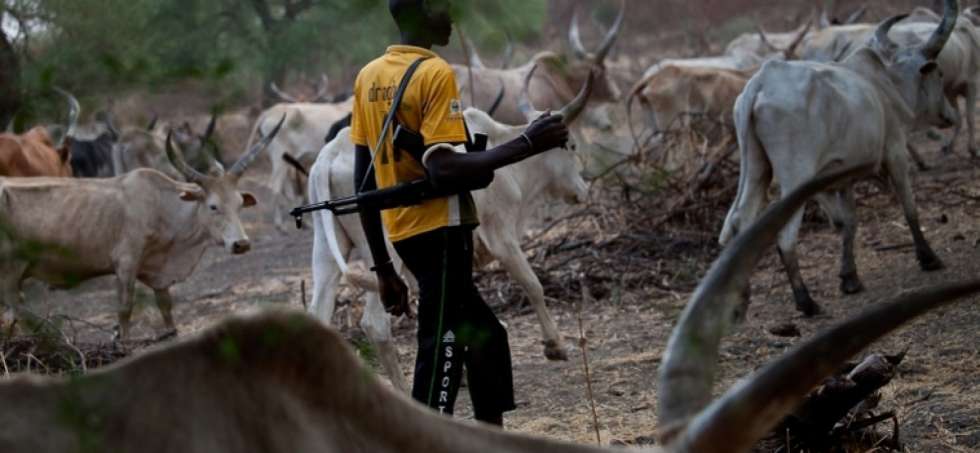
“Because it is in very small dairy farms that you milk the cows with hand, in the most sophisticated ones, it is an electric pumps that are attached to the breast of the cow and it is automated, it takes the milk, puts it into the container where it needs to be, that container is now moved to what is called the pasteurising system.
“I don’t know if CBN is aware that to pasteurise milk, you need electricity and to pasteurise essentially means to take it to a temperature that all germs and impurities are taken away. Then after that, you need to either bottle the milk in liquid form or convert it into dry powder, which also needs high level of electricity.
According to Sankore, “The question Emefiele and his CBN must answer Nigerians is where is the power that will drive the local milk production value chain?
“We all heard the words of the CBN governor, that what you need to get milk; get the Cows, give them plenty of water, give them plenty of grass, get milk out of the them and we are done.
This his short story of producing milk is very deceptive. Even the manufacturers association of Nigeria has even come out to say that this is a wrong move. Because in Nigeria, we consume 1.7 million tonnes of Milk every year and we are producing 600, 000 tonnes, that is a shortfall of over a million tonnes of milk that we are just going to put up in the air. Obviously this means that we are going to have an increase in the price of milk and that will further boil down to vitamin and essential nutrients’ deficiency in children because parents cannot be able to buy milk any longer and that translates to rise in stunted brain growth amongst Nigerian kids in a world that is driven by knowledge economy.
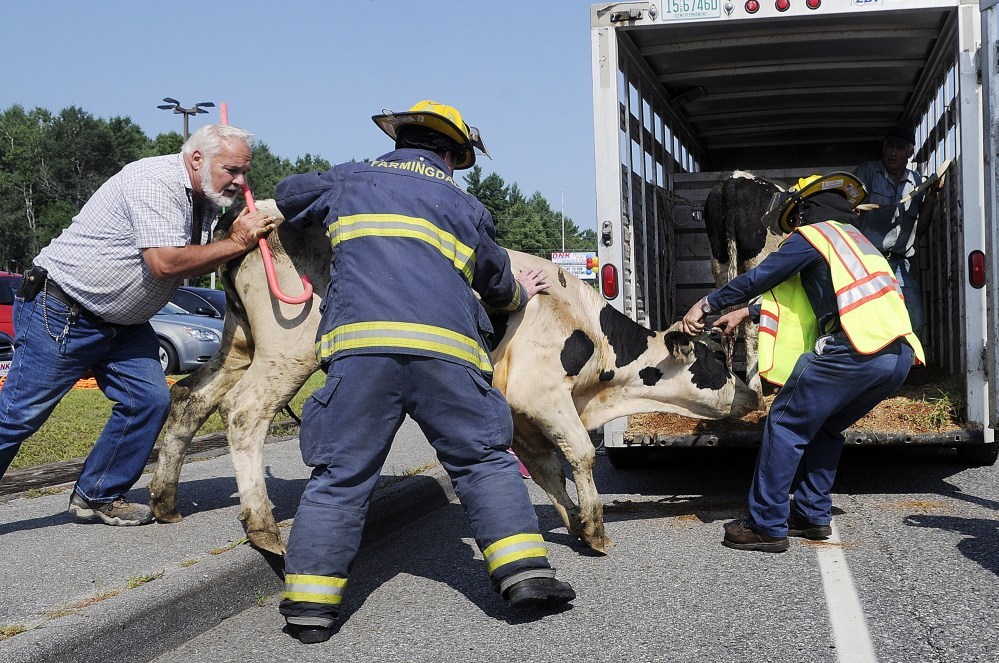
In its recent response to the suspended RUGA scheme, Mboho Mkparawa Ibibio – a foremost socio cultural organization in Southern Nigeria, made up of youths of Ibibio (unarguably the fourth largest ethnic group in Nigeria), called on the Federal Government not to surreptitiously psyche up the apex bank with restricting forex for milk importers to bring back RUGA from the backdoor.
In their statement, they made it clear that “There is no report that Fulanis who have lived in various states in Northern Nigeria for centuries are clamouring to be relocated to new abodes. Rather, as stated by various Northern leaders at different times such as Governor Nasir El Rufai of Kaduna State, the Fulanis that the Federal Government is seeking to settle in the proposed RUGA are alleged to be imported population from other countries such as Chad, Niger, Sudan, etc.
“The proposal is also clearly against the spirit of the United Nations Declaration on the Rights of Indigenous Peoples, as outlined in the various articles particularly Article 8. Two of the sub-sections of the Article frown at – Any action which has the aim or effect of dispossessing them of their lands, territories or resources; any form of forced population transfer which has the aim or effect of violating or undermining any of their rights.
“We are constrained to swallow Federal Government’s argument that the project is voluntary and meant for the entire country. If this were so, there would be no justification for its suspension since 12 states in the North have already “voluntarily” accepted. We suspect that the project is targeted at the Southern and non-Hausa/Fulani states.
The group also made it clear that “It is our firm belief that the Federal Government should consult widely on how to successfully tackle the growing menace of farmers/herdsmen conflict on one hand and the equally growing insecurity situation (kidnapping, killing, rape, armed robbery, communal clashes, etc) in various parts of the country.”
